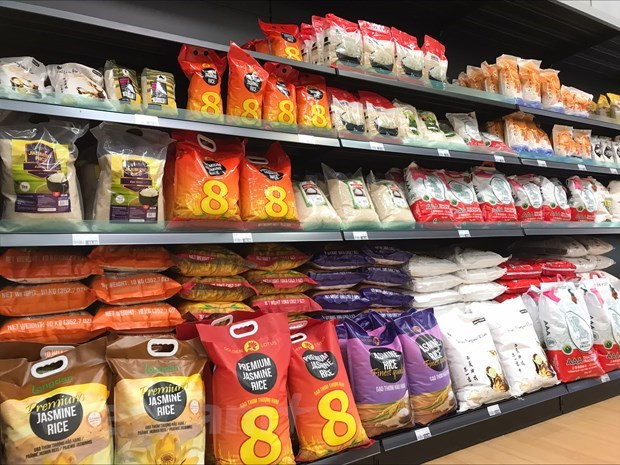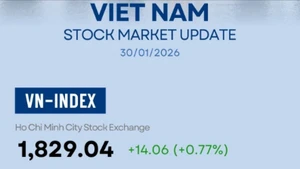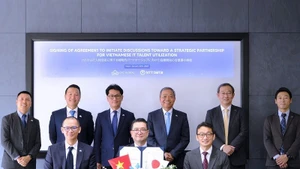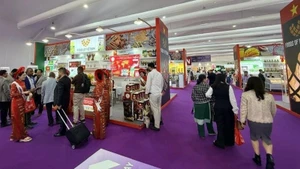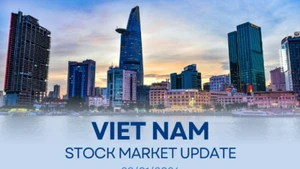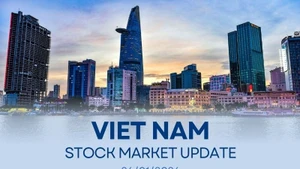The UK, home to a community of over 5.5 million Asian-origin people, has high rice demand while it doesn’t produce rice. In 2022, its rice import volume increased 4.1% year on year to over 678,000 tonnes while the value rose 7% to more than 603 million USD.
Last year, Vietnam’s rice export to this market grew strongly to approximate 3,400 tonnes worth over 3.7 million USD, up 24.5% in volume and 34% in value from 2021. However, the country accounts for just 0.6% of the UK’s rice import at present, ranking 14th among exporters there, according to statistics cited by Cuong.
He said the export ban by India, which makes up nearly 27% of the UK’s rice import volume, will trigger a shortage of about 75,000 tonnes of rice in this market in the second half of 2023.
The sudden decline in rice supply from India will create advantages for other exporters, including Vietnam, the Trade Counsellor noted, perceiving that it’s now a good chance for Vietnamese rice to increase its market share in the UK, especially with favourable tariffs generated by the UK - Vietnam Free Trade Agreement (UKVFTA).
If Vietnamese exporters conduct professional marketing in the British market such as advertising in English on the local media, they can gain a bigger market share, including at the restaurants serving Asian tourists who make up a large number among the tens of millions of visitors to the UK each year, according to the official.
Echoing the view, Nguyen Hai Nam, Chairman of EUTEK Group which exclusively distributes the rice brand of ST25 Ong Cua in the UK, held that Vietnam’s long-grain rice has a big opportunity in the UK amid India’s export ban, which will cause supply shortages and inflate prices.
The UK is a highly potential market for Vietnamese rice, one of the commodities benefiting from tariff exemption under the UKVFTA, Nam went on.
For her part, Nguyen Thi Minh Phuong, product development manager at the Longdan group – one of the biggest importers of Vietnamese goods in the UK, said rice import demand in the UK has surged since start of 2023. Her company’s import of Vietnamese rice so far this year has risen 40% from the same period of 2022.
Though immediate impacts haven’t been recorded, India’s rice export ban is likely to affect supply sources in the UK in the future and subsequently boost import from other countries like Vietnam and Thailand. Meanwhile, consumers now prefer Vietnamese rice to the Thai one thanks to more competitive prices and quality, she added.
